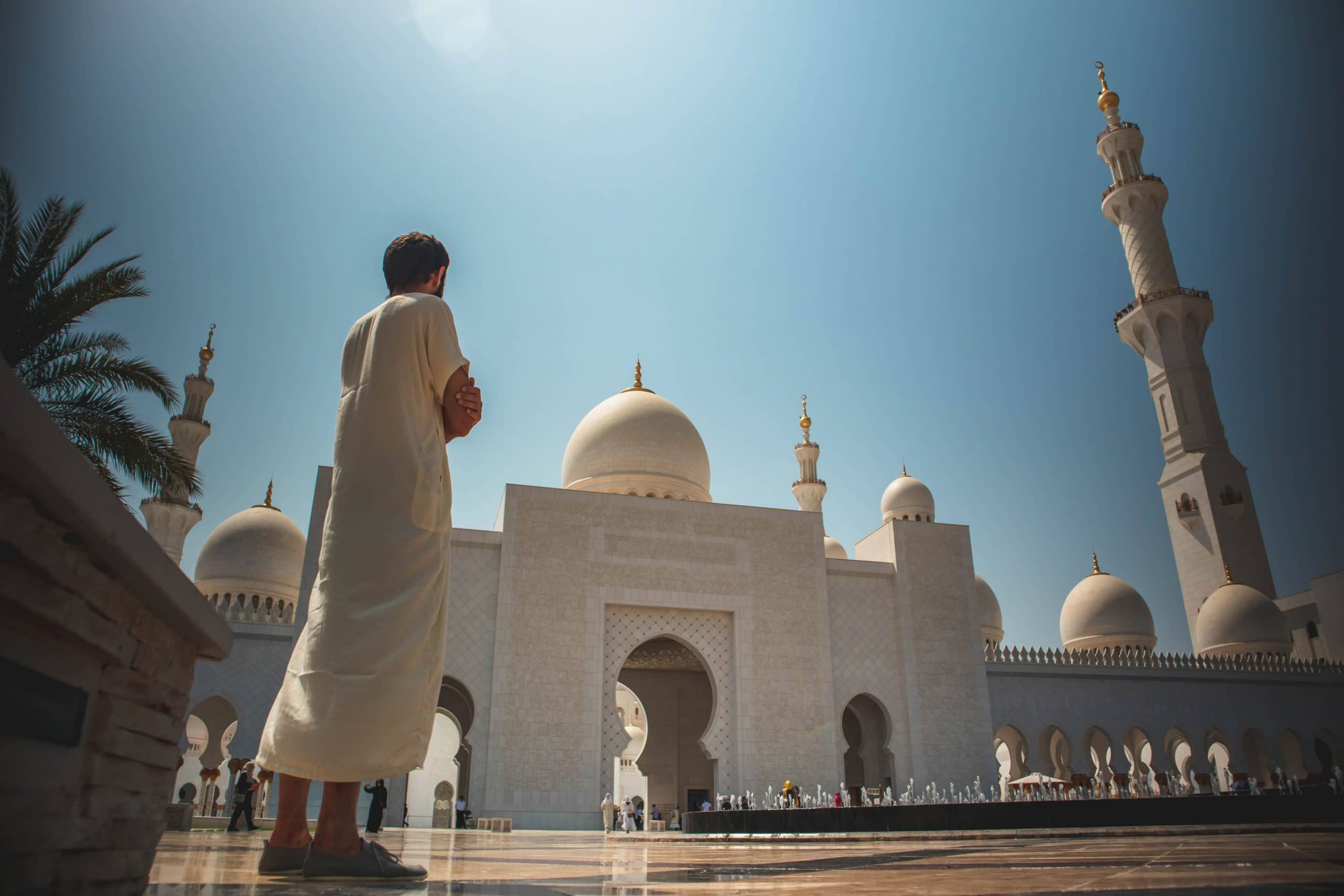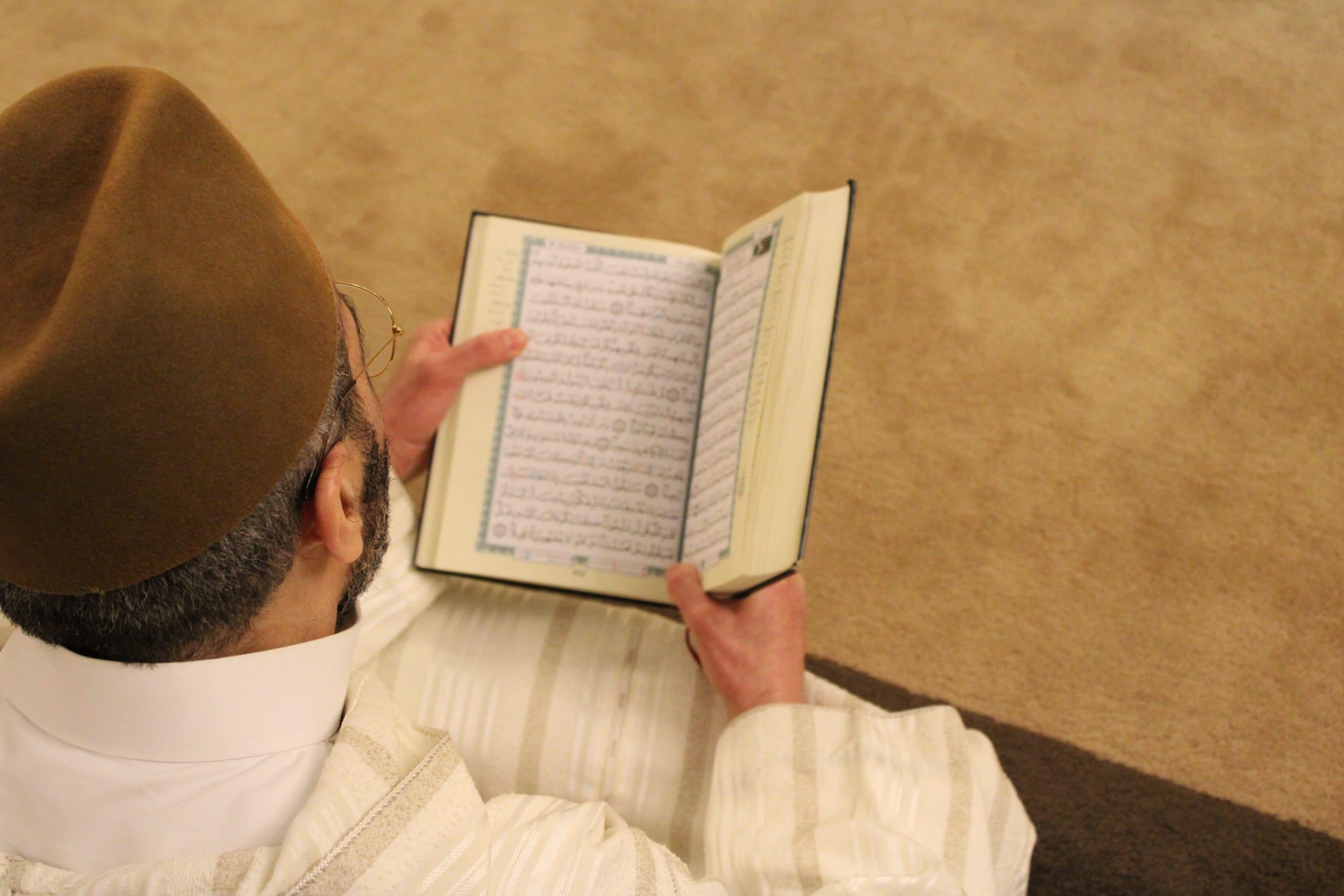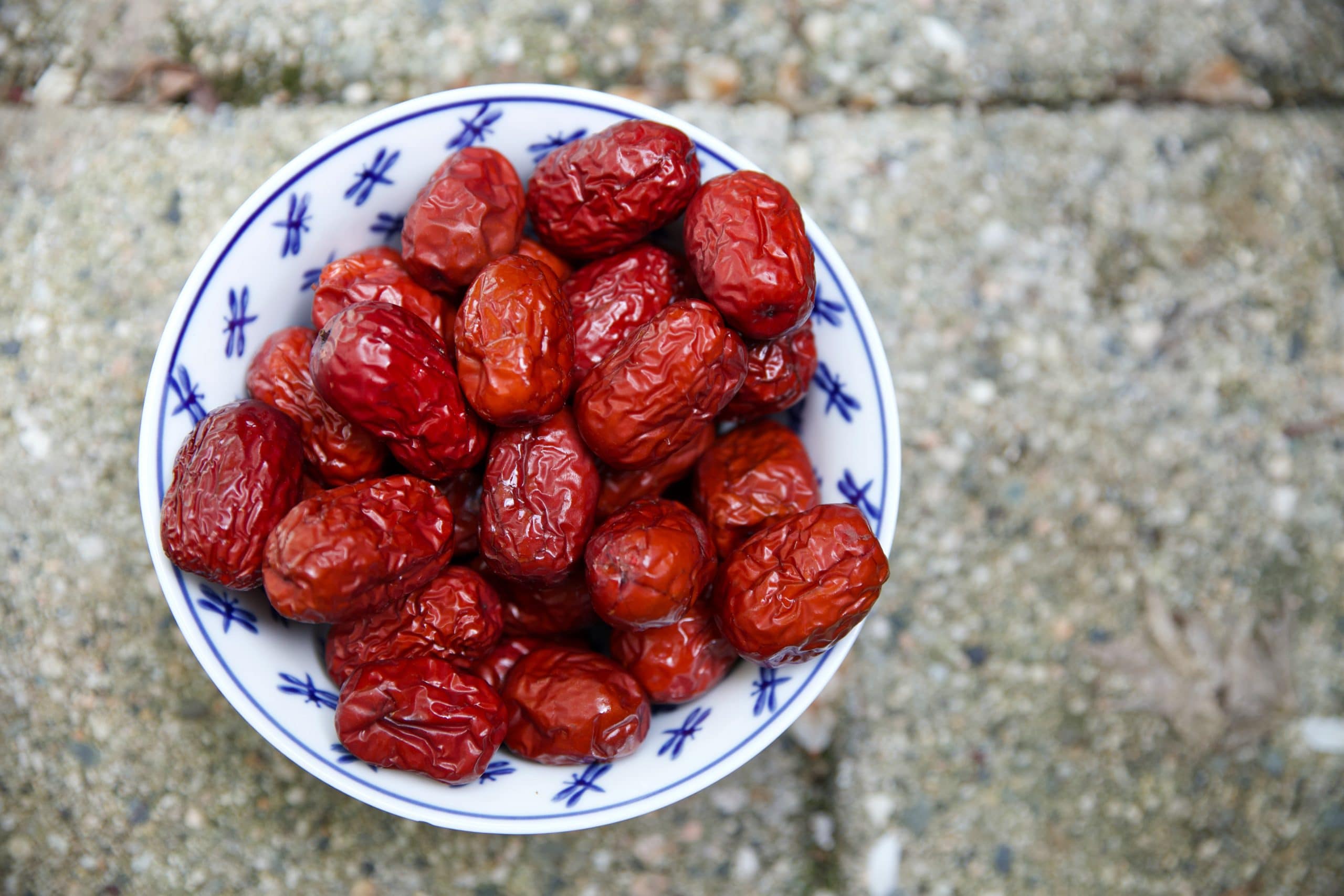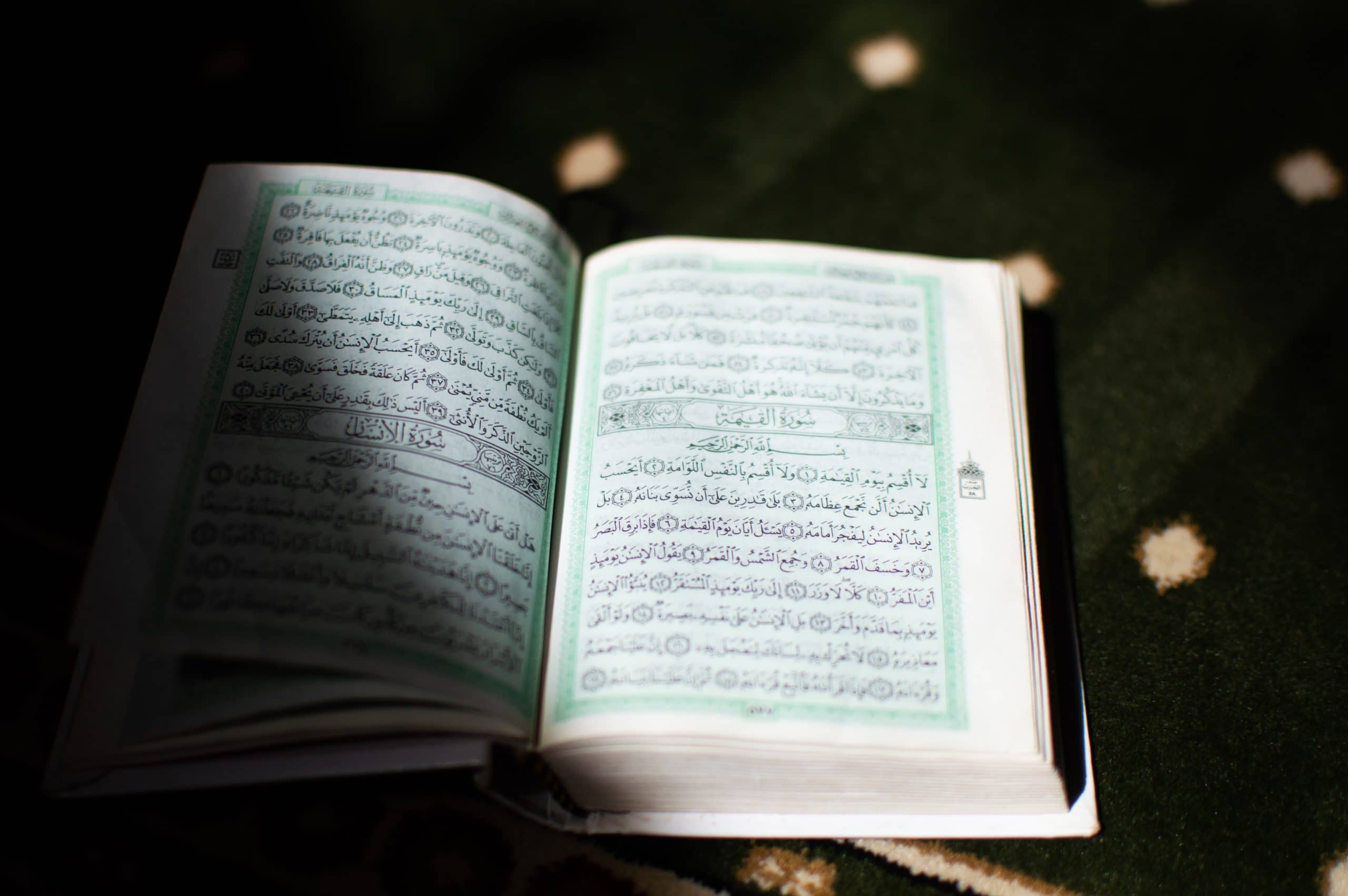#Islam
7 Habits For A Successful Ramadan: Quarantine Edition

Published

We have just entered the month we all look forward to every year, but this year it comes along with the reality of spending Ramadan in isolation. We’ve seen a few articles about what our approach and mindset heading into Ramadan should be (like this great piece by Omar Usman), but now what? This Ramadan will be like one most of us have never experienced before, and as Omar Usman mentioned, for some it will probably be the most difficult, but that doesn’t mean we can’t make it a successful one.
This year, regardless of where we are in the world, the streets will be empty, there will be no iftaar parties, no taraweeh at the masjid, and no visiting one another on Eid. [Some of our brothers and sisters around the world have been experiencing Ramadan in such a fashion for years and we pray that Allah 
First, how does one know if their Ramadan has been a successful one. How do we gauge success coming out of Ramadan? Allah 
يَا أَيُّهَا الَّذِينَ آمَنُوا كُتِبَ عَلَيْكُمُ الصِّيَامُ كَمَا كُتِبَ عَلَى الَّذِينَ مِن قَبْلِكُمْ لَعَلَّكُمْ تَتَّقُونَ
Keep supporting MuslimMatters for the sake of Allah
Alhamdulillah, we're at over 850 supporters. Help us get to 900 supporters this month. All it takes is a small gift from a reader like you to keep us going, for just $2 / month.
The Prophet (SAW) has taught us the best of deeds are those that done consistently, even if they are small. Click here to support MuslimMatters with a monthly donation of $2 per month. Set it and collect blessings from Allah (swt) for the khayr you're supporting without thinking about it.
“You who believe, fasting is prescribed for you, as it was prescribed for those before you, so that you may be mindful of God.” [Al-Baqarah; 183]
And:
وَلِتُكَبِّرُوا اللَّهَ عَلَىٰ مَا هَدَاكُمْ وَلَعَلَّكُمْ تَشْكُرُونَ
“ … He wants you to complete the prescribed period (for fasting) and to glorify Him for having guided you, so that you may be thankful.” [Al-Baqarah;185]
Allah 
Once the month is over, will we have changed for the better or for worse? Did we pick up good habits and leave our bad ones? Like Hajj, if we have a truly successful Hajj/Ramadan then we come out of it leaving that which displeases Allah 
So, how do we level-up and ensure we make this a successful Ramadan?
Here’s a special 7 Successful Habits to Form in Ramadan: Quarantine Edition.
1a. Our Intention
It’s always important to start everything we do by going over the intention with which we embark upon it. We need to make sure we are sincerely doing it for the sake of Allah 
1b. Quran-time not Quarantine
As has been famously dubbed online, the Quran comes first because Ramadan is the month of the Quran. Remember the Quran was first revealed to Muhammad 

شَهْرُ رَمَضَانَ الَّذِي أُنزِلَ فِيهِ الْقُرْآنُ هُدًى لِّلنَّاسِ وَبَيِّنَاتٍ مِّنَ الْهُدَىٰ وَالْفُرْقَانِ ۚ فَمَن شَهِدَ مِنكُمُ الشَّهْرَ فَلْيَصُمْهُ ۖ
“It was in the month of Ramadan that the Quran was revealed as guidance for mankind, clear messages giving guidance and distinguishing between right and wrong. So any one of you who is present that month should fast…” [Al-Baqarah; 185]


How many surahs have we memorized?
How well do we understand what we are reciting?
These are important questions we must ask ourselves in order to strengthen our bond with the book of Allah. He says:
أَفَلَا يَتَدَبَّرُونَ الْقُرْآنَ أَمْ عَلَىٰ قُلُوبٍ أَقْفَالُهَا
“Will they not contemplate the Quran? Do they have locks on their hearts?” [Surah Muhammad; 24]
So in order to unlock our hearts to the Quran, we have to ponder over the words of Allah 

2. Fasting
Here’s the obvious one. As mentioned earlier we are fasting to celebrate the Quran being revealed. The Prophet 
The one who fasts during the month of Ramadan with conviction while seeking its reward from Allah
will have his past sins forgiven.”


3. Prayer
Prayer is the line that separates the believer from the disbeliever. It is the river that washes away our sins. There is no submitting to the oneness of Allah 

“The one who prays throughout Ramadan, with conviction and in the hope of earning reward will have their past sins forgiven.”
Our conviction towards prayer here is for Tarawih, which is sunnah, and which the Prophet 
4. Dua’
The word salaah in Arabic means dua’. Aside the salaah itself we need to immerse ourselves in dhikr and dua’. Some of our best dua’ and most vulnerable moments come when we are isolated and it’s just us and Allah 

Allah 
وَإِذَا سَأَلَكَ عِبَادِي عَنِّي فَإِنِّي قَرِيبٌ ۖ أُجِيبُ دَعْوَةَ الدَّاعِ إِذَا دَعَانِ ۖ فَلْيَسْتَجِيبُوا لِي وَلْيُؤْمِنُوا بِي لَعَلَّهُمْ يَرْشُدُونَ
“And if My servants ask you (Muhammad SAS) about Me, I am near. I respond to those who call Me, so let them respond to Me, and believe in Me, so that they may be guided.” [Al-Baqarah;186]
Allah 
When times get tough — especially during this lock down — just remember Allah 
الَّذِينَ آمَنُوا وَتَطْمَئِنُّ قُلُوبُهُم بِذِكْرِ اللَّهِ ۗ أَلَا بِذِكْرِ اللَّهِ تَطْمَئِنُّ الْقُلُوبُ
“Those who have faith and whose hearts find peace in the remembrance of God- truly it is in the remembrance of God that hearts find peace-” [Ar-Ra’ad;28]
So get those dua’ and dhikr books ready and make it a habit to do the morning and evening adhkaar and recite the dua’s for our everyday activities. This habit cultivated during Ramadan will train us to be able to turn to Allah 
5. Charity


“Wealth is not diminished by giving in charity.” [Muslim]
There are numerous ahadith on the virtues of giving in charity and its innumerable reward. As the world needs more help, let’s give more for the sake of Allah 
6. Maintaining Relationships
Honoring our parents, maintaining ties of kinship, respecting elders, having mercy on the young and the orphan; these are all aspects of maintaining the fabric of a loving society. Now that individuals making up our society are cut off from face-to-face interactions with one another, we need to work even harder now to make sure we uphold these ties and human connections. Alhamdulillah with our current technology there are so many options for us to keep in touch. Check in on your family, your friends, your coworkers, your parents’ friends, and especially someone you know to not have anyone else there for them. Man was created a social being, so having to be cut off from one another does not bode well for our mental and physical well-being. Even in paradise Adam 
7. T&T: Taqwa and Tawakkul





وَلِلَّهِ الْأَسْمَاءُ الْحُسْنَىٰ فَادْعُوهُ بِهَا ۖ وَذَرُوا الَّذِينَ يُلْحِدُونَ فِي أَسْمَائِهِ ۚ سَيُجْزَوْنَ مَا كَانُوا يَعْمَلُونَ –
“The Most Excellent Names belong to God: use them to call on Him” [Al-A’raf;180]
Allah 




In conclusion, this is in no way an absolute one-size-fits-all list, and one can add or subtract as they see fit. Everyone has their own personal goals for Ramadan. The important thing is that, while that majority of us are sitting at home in isolation, we can make the most of this time by doing some serious introspection and figuring out where we stand with Allah 

We cannot let isolation overtake us. Instead we need to take it by the horns and use it to help tame our own nafs. The Prophet 
Oh Allah 

I urge everyone reading this to please take this seriously and adhere to social distancing as I have many friends and family members in the medical field and have had multiple family members and friends test positive for the virus. Let us all do our part to flatten the curve. May Allah 
Keep supporting MuslimMatters for the sake of Allah
Alhamdulillah, we're at over 850 supporters. Help us get to 900 supporters this month. All it takes is a small gift from a reader like you to keep us going, for just $2 / month.
The Prophet (SAW) has taught us the best of deeds are those that done consistently, even if they are small. Click here to support MuslimMatters with a monthly donation of $2 per month. Set it and collect blessings from Allah (swt) for the khayr you're supporting without thinking about it.
Ustadh Anis ul Haque was raised in Houston, Texas where he taught Quran and led taraweeh for many years. After graduating from the College of Business at the University of Houston with a BS in Management Information Systems, he went to Madinah to study at the Islamic University where he received a diploma in the Arabic Language from the Language Institute and a Bachelor of Islamic Sciences in Fiqh and Usool from the College of Shariah. He is currently residing in Malaysia where he teaches at the Seven Skies Islamic International School, while pursuing a Master in teaching Islamic Education from the International Islamic University Malaysia in Kuala Lumpur. He is on Instgram as @AnisulHaque7


Faith, Identity, And Resistance Among Black Muslim Students

Moonshot [Part 12] – November Evans

From The Prophets To Karbala: The Timeless Lessons Of Ashura For Muslims Today

Moonshot [Part 11] – The Fig Factory

Nationalism And Its Kurdish Discontents [Part II of II]: Kurds And Turkiye After Ottoman Rule

Moonshot [Part 11] – The Fig Factory

Moonshot [Part 12] – November Evans

Moonshot [Part 10] – The Marco Polo

Moonshot [Part 9] – A Religion For Real Life

Genocidal Israel Escalates With Assault On Iran

[Dhul Hijjah Series] Calling Upon the Divine: The Art of Du’a (Part 1)

IOK Ramadan 2025: Four Steps | Sh Zaid Khan

IOK Ramadan 2025: Do Your Best | Sh Zaid Khan

IOK Ramadan 2025: Giving Preference to Others | Sh Zaid Khan

IOK Ramadan 2025: Which Group Are We In? | Sh Zaid Khan
MuslimMatters NewsLetter in Your Inbox
Sign up below to get started




Ali Hassen Ali
May 2, 2020 at 7:47 AM
İt was nice advise thank you brothers and sisters of islam.
May Almighty Allah give us guidance.